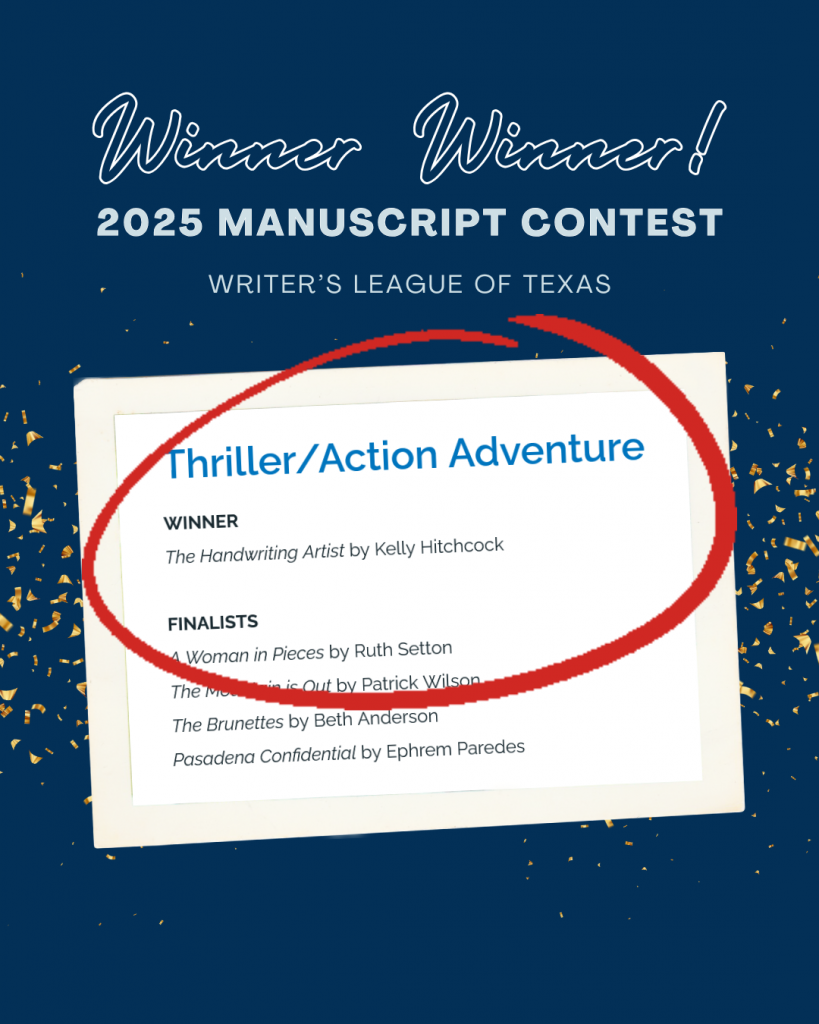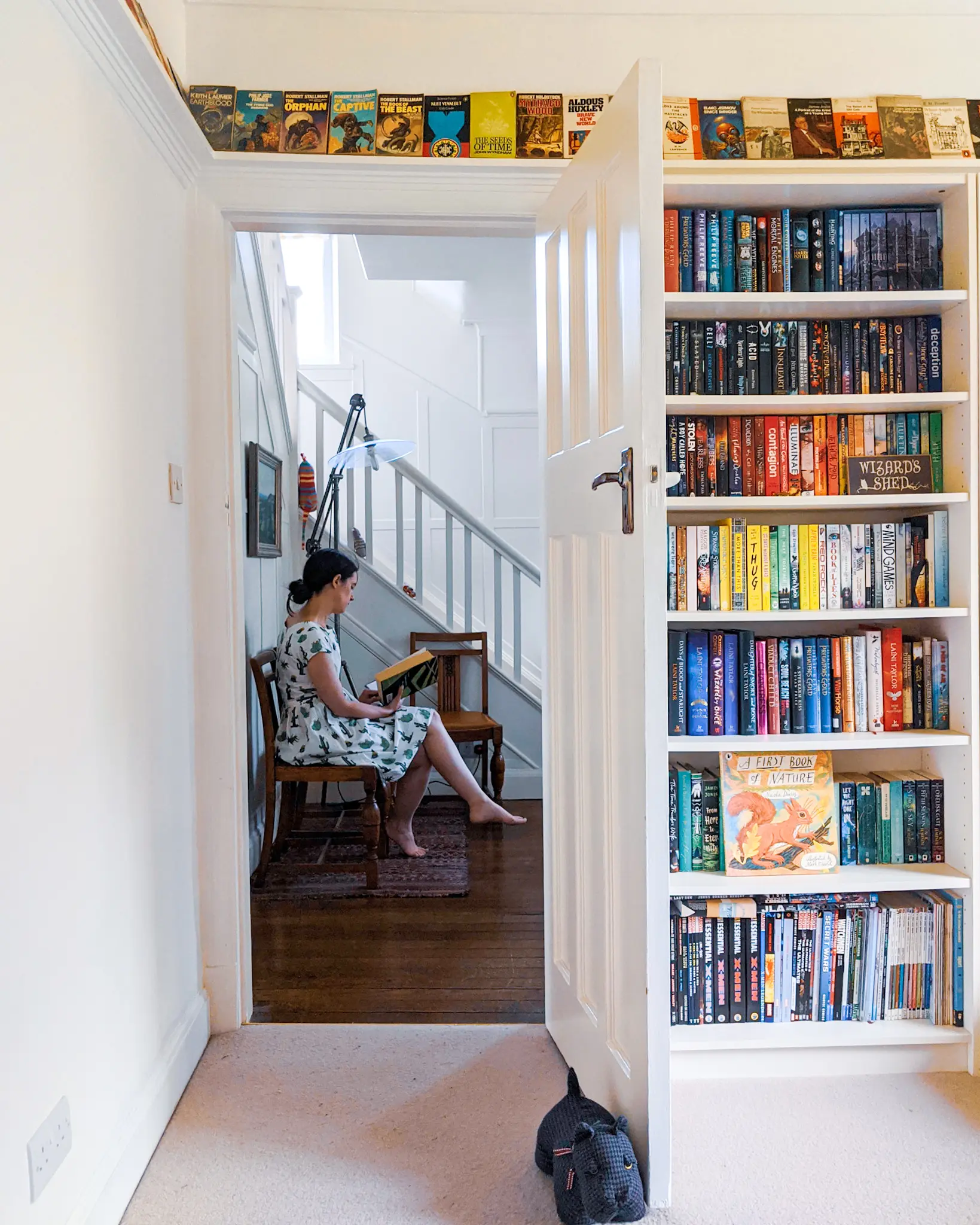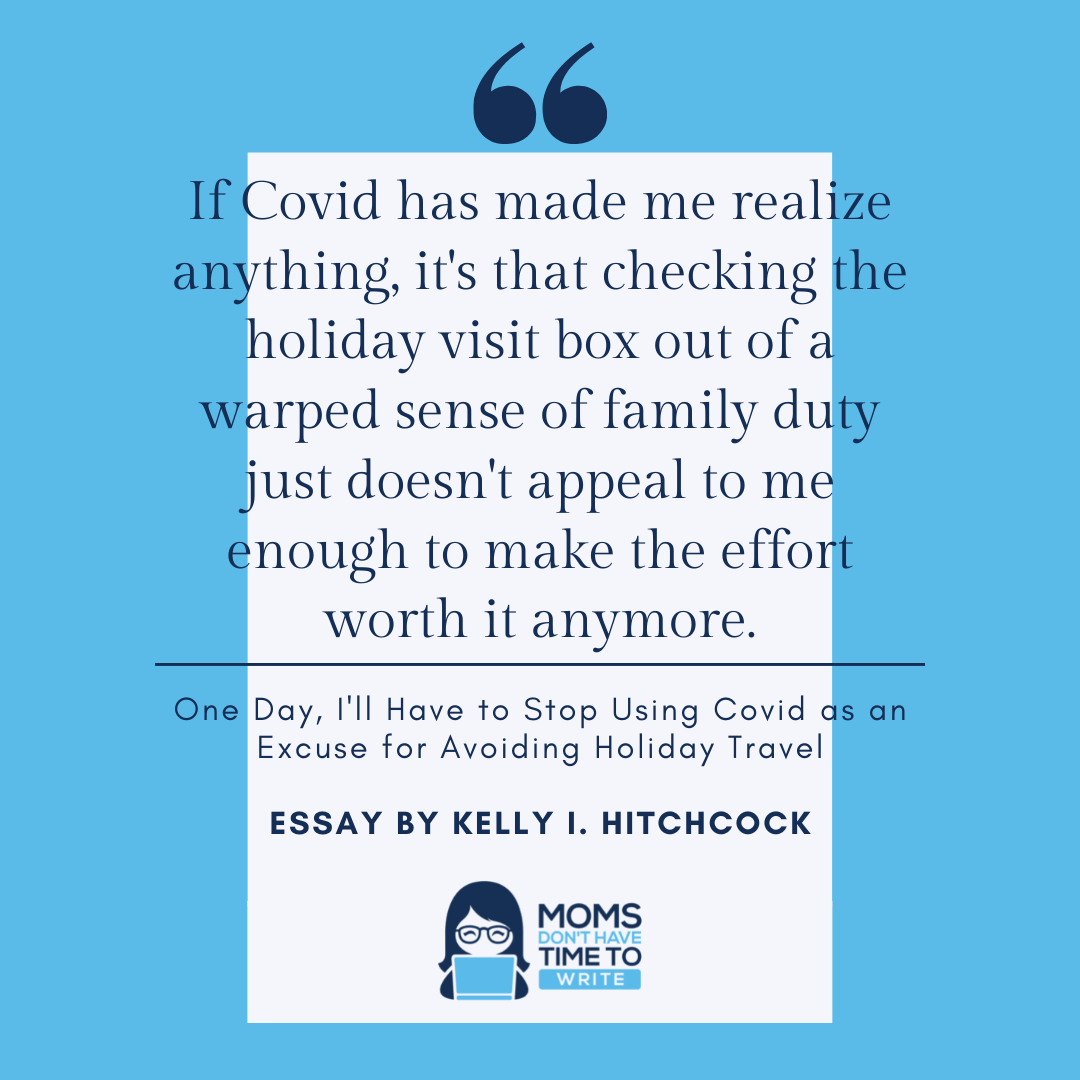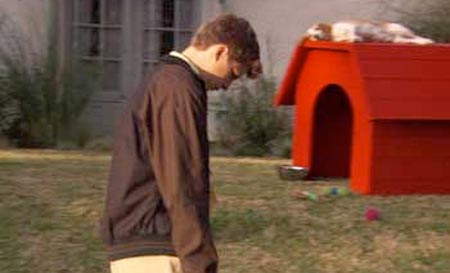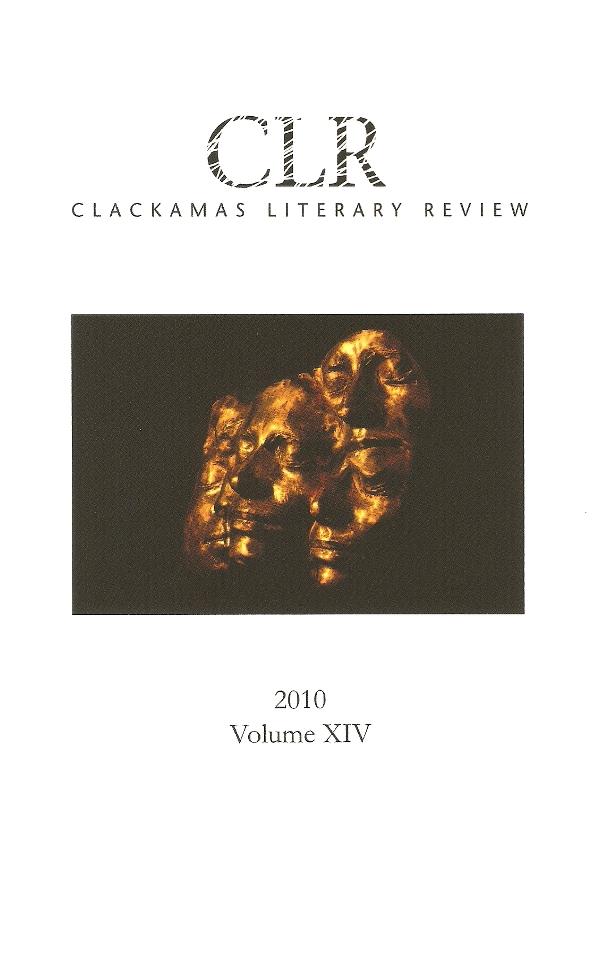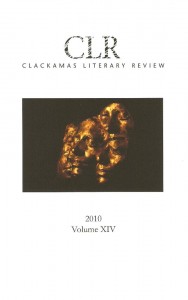I have a little more than four weeks left until Community Klepto comes out, which means I have to spend a lot more time paying attention to social media. To prepare for upcoming podcast interviews, I’m listening to episodes with other authors to get a feel for the aesthetic and the kinds of questions they might ask me, and then also seeing how authors and the media are promoting their episodes.
Algorithms working the way they work means that you’ll start to see the author, their book, or both everywhere. Every other book stack contains that book that you just heard about 5 minutes ago for the first time, but all of a sudden the book has exploded and gone viral. That’s when you start to wonder… why isn’t my book everywhere? Why don’t I have a different Instagram live author salon every hour for the next four weeks? Am I really the talentless hack I feel like when I read my own book for the 800th time and find a typo I missed the first 799 times?!
Okay, so maybe that one’s just my own impostor syndrome projections, being so close to pub for this novel and deep in the dreaded saggy middle of writing the next one. But we’ve all been there, wanting to call the printer at the 11th hour and stop the presses because the book’s no good, right? Well, it’s too late now. The books are already in the warehouse and it’s time to put an end to this pity party of one and give myself a pep talk.
Here’s why I need to stop comparing myself to influencer authors on Instagram, and you should too.
No one’s the overnight success they appear to be.
Behind every celebrity-status author you think rose to stardom with a book that came out of nowhere is a human being who was rejected by 100 other agents and publishers, who submitted the same short story to open reading periods for three years in a row before it got accepted somewhere.
And the reason you suddenly start seeing a book everywhere is because algorithms work. They know it takes a number of impressions before you’ll take action and buy the book, and they also know a lot about you. It’s the same reason you search for a shoe you’ve never heard of and then you start seeing ads for it everywhere. And several of the social media platforms are pay to play. You’re seeing the book everywhere because someone is paying for it to be seen everywhere.
Which brings me to my next pep talk…
They pay for the exposure, too.
Anyone who tries to say publicity is free is full of shit. I interviewed several book publicists as part of my book journey for Community Klepto, and not a one of them offered to work for me for free. Even the big New York book publishers only invest marketing dollars into a book that they think they will make their money back on. Even authors who finally land that big 4 book deal with a sweet advance aren’t promised much, if anything, in publicity and marketing budget.
So who pays? The author, usually. Book bloggers might enjoy the perks of getting a mailbox full of free books every week, but they’re also in it for the money. No one buys a book they’ve never heard of, and getting your name and title heard will cost you.
And lest we forget…
Instagram isn’t real life.
Neither is Facebook, Twitter, TikTok, or whatever the hell the new-new thing is that I won’t hear about until the olds take it over. No one posts their rejection letters on Instagram (not all of them, anyway – some of them make for good entertainment; I once got a rejection for a book that wasn’t even mine). No one live streams the hours they spend rewriting the same sentence 20 times. No one makes a reel of all the pitches they make that go completely unanswered, but I’m willing to bet there’s a lot.
For all those live events that seem to happen every hour for those authors I see over and over, there are plenty of them with single-digit audiences. For every TikTok, there’s a quick shirt change and parting the hair on the other side between filming five 1-minute videos while the kids are upstairs watching Disney Plus because we don’t have time or energy to spend doing our hair and makeup for something spontaneous (at least I don’t).
Okay – pity party’s over. Now if you’ll excuse me, I’m gonna suck it up and make the most of my release because I have to out-earn my publicity spend!
